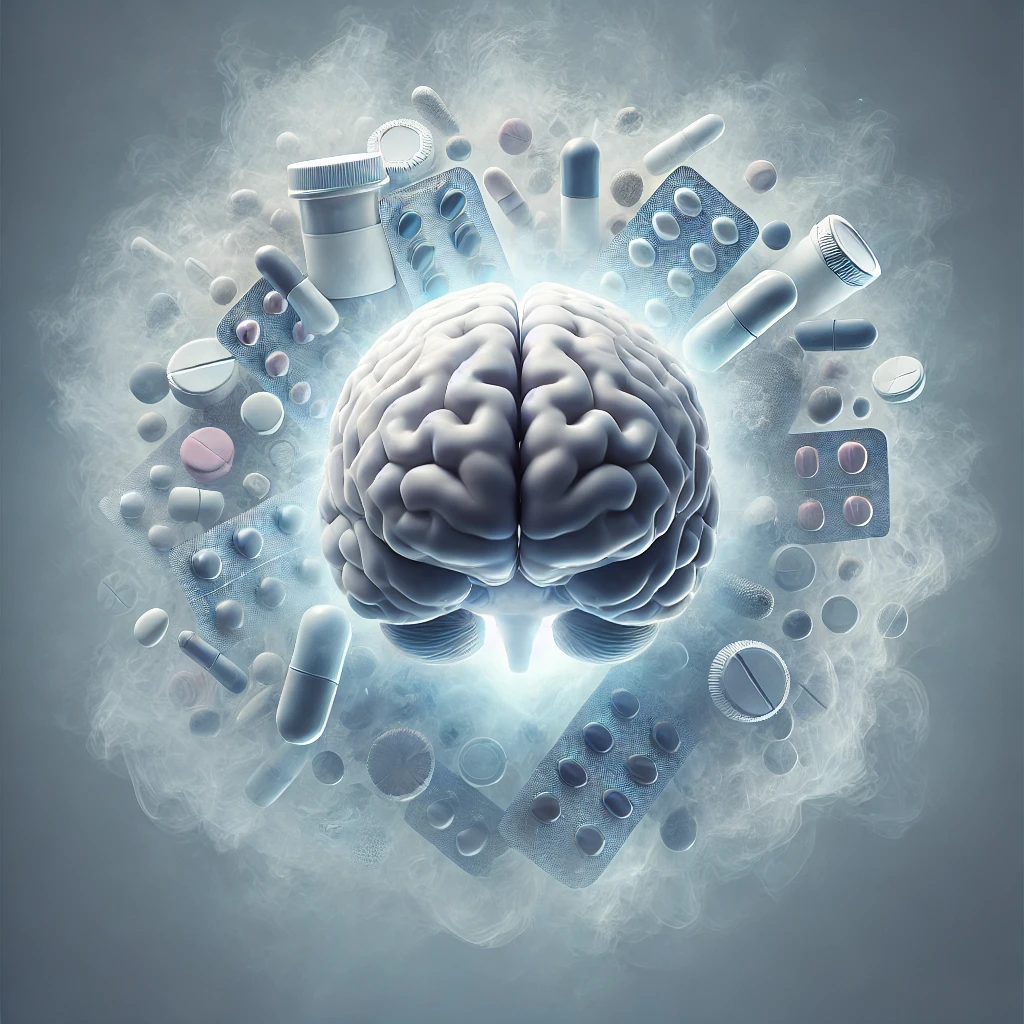
Depression assessment can be a crucial step in identifying underlying mental health concerns that contribute to brain fog and decreased cognitive performance.
Understanding mental health and brain fog is essential lack of focus is becoming increasingly common and leads to deteriorated memory retention and a lack of mental clarity.
Understanding its root causes and how to solve it is key to maintaining optimal brain activity.
Although brain fog is not a medical condition, it can be classified as a set of ailments that affect cognitive dissonance. Symptoms include confusion, forgetfulness, and a general lack of focus surrounding a given task. Finding the root cause will help devise a powerful plan to enhance mental clarity.
Some autoimmune disorders, infections, and metabolism slowing diseases can severely fog cognitive ability. Due to the age of chronic inflammation, brain activity can be severely impacted. It is extremely important to alter a person’s lifestyle in combination with medication to improve mental clarity.
Various brain functions can be impacted by the shifting of hormonal oestrogens, testosterone, and thyroids. To prevent the disruption of day-to-day functions, balancing a person’s hormone levels medically and lifestyle change are crucial.

Some medications can hinder performance. Sedatives and some prescription medication cause an imbalance in neurotransmitters, which leads to brain fog. Talking about medications with health providers can alleviate some of these issues.
These components of one’s lifestyle are usually not recognized but make a great impact on functioning of the brain:

Committing to a few processes can uplift the sharpness of the mind in substantial ways. These processes include but are not limited to:
Overstimulation may be responsible for strained thoughts, burnout, and heightened stress levels. It is critical to comprehend how overstimulation influences cognitive functioning so that it can be managed properly. For those experiencing significant challenges, seeking Anxiety Disorder Treatment Fort Lee NJ can be a crucial step in addressing both overstimulation and anxiety symptoms, providing a more comprehensive approach to mental well-being.
The situation when there is an overdose of stimulation to the brain which makes it difficult for the brain to process the information appropriately. It affects behavioural, thinking, and psychological aspects of a person.
Too much external stimulation can overstimulate the nervous system and lead to
Overstimulated conditions are caused by:
People with a high level of sensitivity towards sensory stimuli find themselves overstimulated quite often. Knowing the susceptibility can help in formulating strategies to cope.
Sensation overload can be managed through self-care strategies to promote mental health:
TMS for ADHD is an emerging treatment option that may help improve focus and reduce symptoms by targeting specific areas of the brain.
People diagnosed with ADHD may have greater sensitivity to sensory stimuli. Developing techniques to help them cope with stress and improve focus is essential.
Assessment for anxiety is an important first step in understanding mental health challenges, especially when dealing with overstimulation and brain fog. Building long-term tolerance against over stimuli will help aid mental health in the long run:
Fostering tolerance using mindfulness: Mindful approaches aid cognitive health.
Therapy and professional advice to help long-term coping strategy: Professional assistance helps mental health in the long run.
Once the causes of brain fog and overstimulation are identified often through an assessment for anxiety it becomes more manageable to improve cognitive function and overall well-being. For those seeking professional help, Fort Lee has Mental Health Support which provides a good source of resources for mental clarity and emotional support.
We use cookies to improve your experience on our site. By using our site, you consent to cookies.
Manage your cookie preferences below:
Essential cookies enable basic functions and are necessary for the proper function of the website.
Google reCAPTCHA helps protect websites from spam and abuse by verifying user interactions through challenges.
Google Tag Manager simplifies the management of marketing tags on your website without code changes.
You can find more information in our Cookie Policy and Privacy Policy.